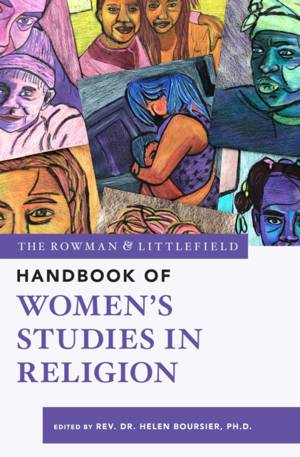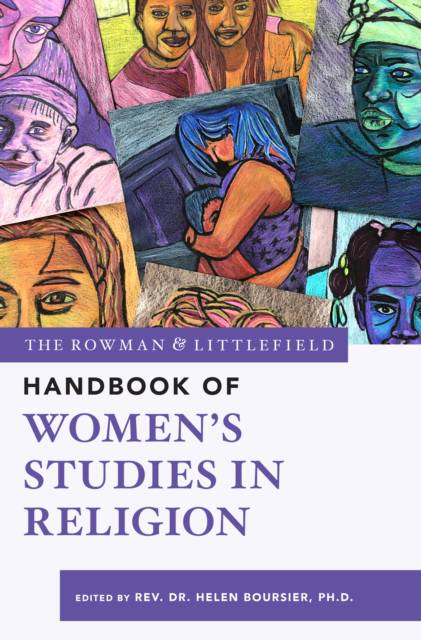
- Afhalen na 1 uur in een winkel met voorraad
- Gratis thuislevering in België vanaf € 30
- Ruim aanbod met 7 miljoen producten
- Afhalen na 1 uur in een winkel met voorraad
- Gratis thuislevering in België vanaf € 30
- Ruim aanbod met 7 miljoen producten
Zoeken
The Rowman & Littlefield Handbook of Women's Studies in Religion
€ 74,95
+ 149 punten
Omschrijving
The handbook offers interreligious and multicultural perspectives on women's studies in religion in conversation with specific contextualized gender-biased justice challenges. Contributing authors address 25 current and trending themes from their diverse socio-cultural-religious backgrounds. Themes move across the spectrum of women's studies in religion, blurring the boundaries beyond "religious studies" to include perspectives from ethics, philosophy, sociology, economics, and law as. Religious diversity addresses challenges for women's studies through the lens of Wicca, Buddhist, Asian Trans Pacific, Hinduism, Judaism, Muslima, and Christian. The handbook is practical, contemporary, and relevant as it moves theory to practical application in the section on challenging and changing system gender injustice with chapters on sexual violence and the #MeToo movement, femicide and feminicide, a Mohawk response to colonial dominion and violations to Indigenous lands and women, and a religio-politico witness for love and justice, include how to engage the theories of women's studies in religion in the public square through civic engagement to create empowerment for actual, practical change. It shows the future movement of the becoming of women's studies with chapters digital activism, reimagining women's mosque spaces online, minoritized sexual identities, and spiritual homelessness, and charges readers to see "hope now" by challenging and changing gender injustice.
Specificaties
Betrokkenen
- Uitgeverij:
Inhoud
- Aantal bladzijden:
- 416
- Taal:
- Engels
- Reeks:
- Reeksnummer:
- nr. 4
Eigenschappen
- Productcode (EAN):
- 9781538180914
- Verschijningsdatum:
- 22/03/2023
- Uitvoering:
- Paperback
- Formaat:
- Trade paperback (VS)
- Afmetingen:
- 178 mm x 254 mm
- Gewicht:
- 721 g

Alleen bij Standaard Boekhandel
+ 149 punten op je klantenkaart van Standaard Boekhandel
Beoordelingen
We publiceren alleen reviews die voldoen aan de voorwaarden voor reviews. Bekijk onze voorwaarden voor reviews.










